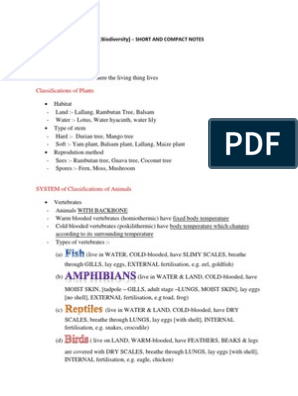100% found this document useful (2 votes)
173 views12 pagesBasic Rabbit Training Module 1
This document provides an overview of basic rabbit management and care. It discusses setting up housing, the costs of building DIY cages, and considerations for a location. Key aspects covered include the differences between does and bucks, why rabbits are a profitable livestock to raise, and tips for their care such as proper feeding, shelter, and disease prevention. The goal is to help new rabbit farmers understand the basics of talking like a farmer, the breeding process, and getting started with rabbitry.
Uploaded by
Norain LolengCopyright
© © All Rights Reserved
We take content rights seriously. If you suspect this is your content, claim it here.
Available Formats
Download as PPTX, PDF, TXT or read online on Scribd
100% found this document useful (2 votes)
173 views12 pagesBasic Rabbit Training Module 1
This document provides an overview of basic rabbit management and care. It discusses setting up housing, the costs of building DIY cages, and considerations for a location. Key aspects covered include the differences between does and bucks, why rabbits are a profitable livestock to raise, and tips for their care such as proper feeding, shelter, and disease prevention. The goal is to help new rabbit farmers understand the basics of talking like a farmer, the breeding process, and getting started with rabbitry.
Uploaded by
Norain LolengCopyright
© © All Rights Reserved
We take content rights seriously. If you suspect this is your content, claim it here.
Available Formats
Download as PPTX, PDF, TXT or read online on Scribd
/ 12

























































































